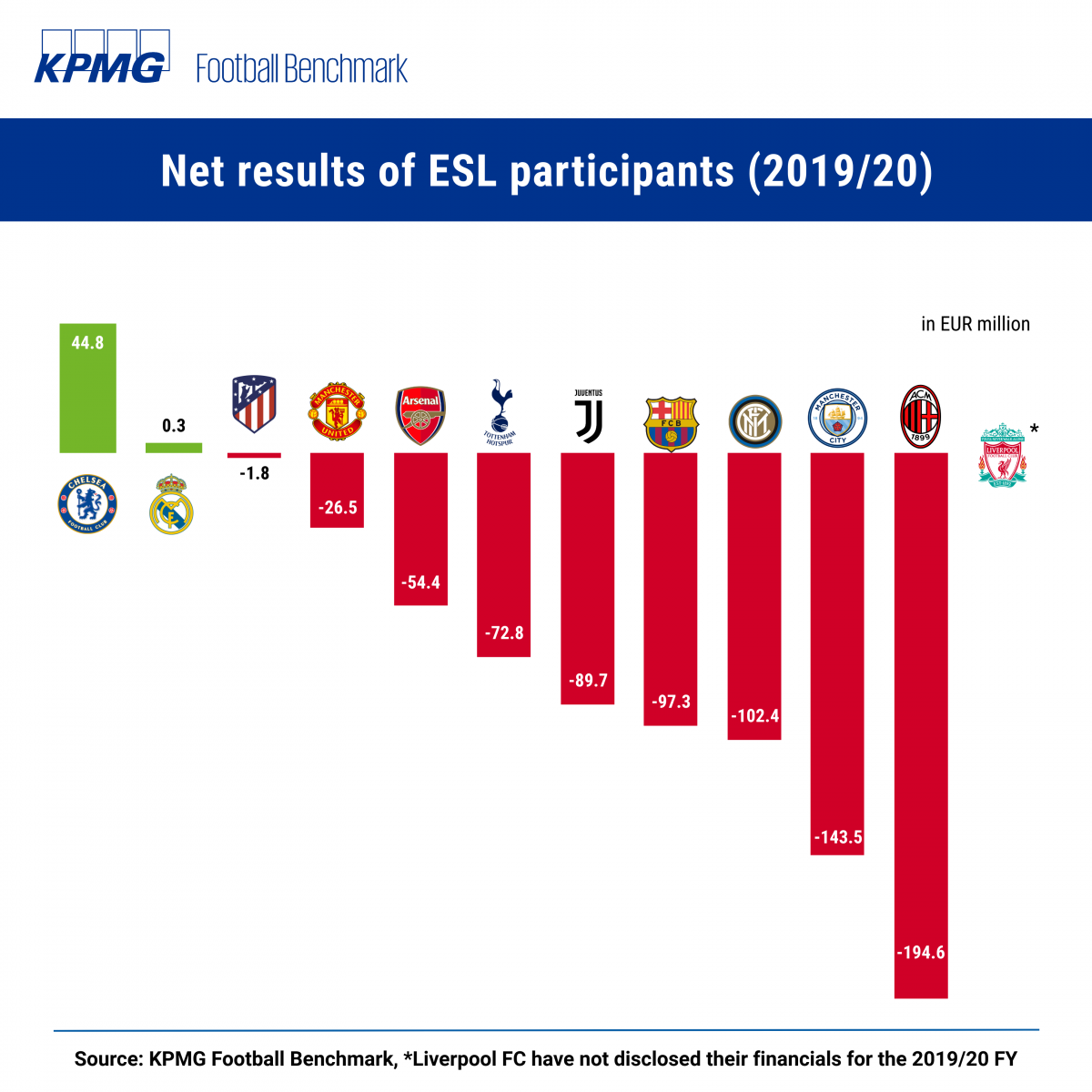Like all readers of this note, I have never witnessed the current level of turmoil in European football caused in the last few days by the announcement of a planned European Super League. However, the concept, the motivation and the details revealed are not new – all these themes have been on the table for a long time. The magnitude of the proposed changes is, nevertheless, shocking the industry to its core and triggered vehement reactions from all corners.
What are some of the key background events that led to such a radical proposition?
The recent transformation at the top end of the football industry is nothing new – elite clubs have been moving towards a media and entertainment company model, converting their organisations into truly global brands, capable of attracting audiences from all over the world. These clubs boast sizeable global fan bases and, through social media and innovative content creation, target Z-generation consumers, whose expectations and football consumption and engagement behaviours are based on top-end digital entertainment and communication solutions. In recent years, streaming has made football accessible globally, at any time and at relatively low cost. The media market transformation, coupled with the introduction of the UEFA Financial Fair Play in the football season 2011/2012, has led to a polarization of both financial and sporting performance. In this last regard, it is sufficient to consider that in the last 20-years only three teams playing domestic football outside the Big-5 leagues, have reached the semifinals of the UEFA Champions League. Only one, FC Porto, won the trophy in 2004.
The transformation is reflected, among others, by the gradual shift in the revenue mix of the top 10 clubs by operating revenue in the past decade. The proportion of matchday revenues dropped steadily, while commercial income – a fair representation of each club’s brand magnitude – has increased significantly, overtaking broadcasting revenues almost ten years ago, despite the significant and constant growth of TV rights of both national leagues and UEFA competitions in recent years.
.png)
It has also been common knowledge and heavily debated in the recent years, that the current economic model of European football has been increasingly unsustainable – stretched to its limits in relation to domestic and international match calendars (some players playing more than 70 matches in one season, with extensive travelling, limited recovery time and increasing injuries) and the financial performance of clubs. Despite the endeavors for maintaining break-even measures – with UEFA Financial Fair Play regulations representing the main watchdog in this regard – the industry has failed to properly control club costs, salary expenditures in particular, as inflated players’ salaries, coupled with growing transfer and agent fees, have been placing significant strain on clubs’ finances.
The current coronavirus pandemic has only magnified the instability of the existing business model, causing severe profitability and liquidity concerns and accentuated the need to respond to the challenges of the status quo.

In the meantime, competition structures and playing calendar reforms, cost control measures, alterations to the economics and governance of domestic and European competitions or the transfer system, among others, have been formulated rather slowly. Most stakeholder parties, with differing motivations, objectives and agendas have seemingly been stuck in the prevailing structures and without placing sufficient attention to the transformation taking place in the market and its collateral effects, arguably leading to the recent revolution by football’s elite clubs.
With fast and radical organic transformation at the top end of the industry on one side, and deep-rooted and solid structures on the other, the outcome of this upheaval, in terms of the future direction and structure of European football is yet to be seen. Almost a year ago, I found it encouraging to see football’s governing bodies, associations and clubs being ready to discuss reform ideas, adding that the new reality stimulated by COVID-19, requires unprecedented flexibility, wisdom, responsibility and cooperation from all parties at all levels. I realize it has never been harder, nor more required.
Andrea Sartori


